23 Crucial Money Management Skills for Preppers – Simple Family Preparedness


In the journey of preparing for unexpected scenarios, mastering money management becomes a crucial skill. Preppers often focus on stockpiling supplies and honing survival skills, but sound financial strategies can significantly enhance your overall preparedness. Effective money management ensures you have the resources needed when it matters most.
Why are money management skills vital for preppers? They allow you to build a solid financial foundation, helping you avoid debt and ensuring you can invest in necessary supplies and equipment. Understanding how to manage your finances can make the difference between thriving or merely surviving during crises, giving you the peace of mind that comes with being truly prepared.
To start creating a budget, first identify all your necessary expenses like housing, utilities, and food. Distinguish these from non-essentials such as dining out or entertainment.
Once you have a clear picture, prioritize your spending. Allocate specific amounts for each category and ensure you save a portion for emergencies. Aim to build an emergency fund that can cover at least three to six months of expenses.
Track your spending regularly. This helps you stick to your budget and make adjustments as needed.
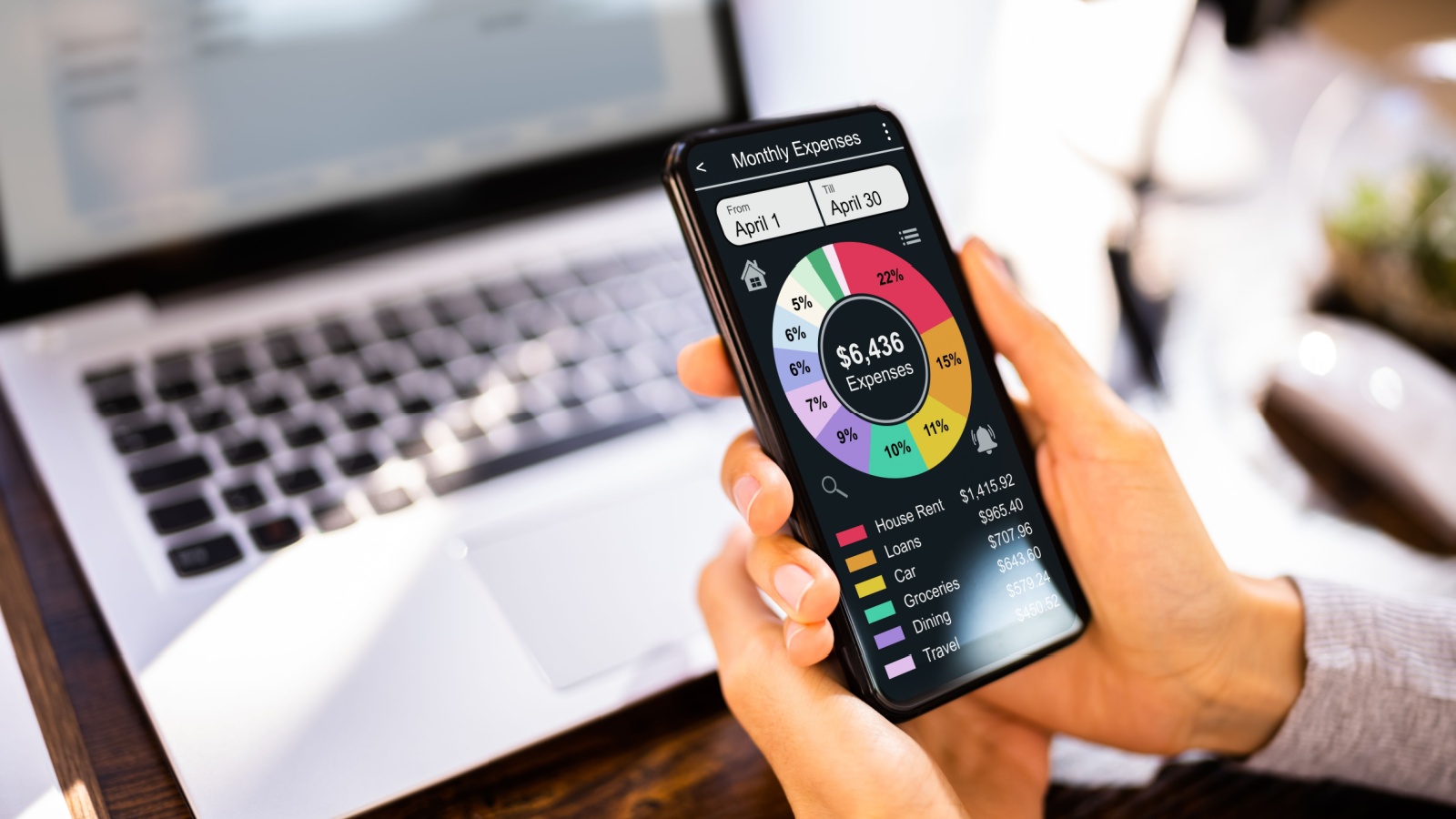
Tracking expenses is crucial for managing your finances as a prepper. Knowing where your money goes helps you make better decisions. Keep a record of every dollar you spend.
Most Americans struggle with this. For example, 46% can’t handle an unexpected $400 emergency without using a credit card. This highlights why tracking each expense is important.
Use tools like spreadsheets or budgeting apps. These help you see patterns in your spending. By understanding your habits, you can adjust and be better prepared financially. It’s a small step that makes a big difference in your overall readiness.

You need to have an emergency fund as the foundation of your financial safety net. This money lets you handle unexpected costs, like car repairs or medical bills, without going into debt.
Aim to save enough cash to cover three to six months of living expenses. This should include rent, utilities, groceries, and any other essential bills you have.
Keep your emergency fund separate from your regular savings account.
Having it in cash is practical for immediate access. However, consider the security of a bank for most of the funds.
Break down your cash reserve into smaller denominations like $5, $10, and $20 bills for easier transactions in emergencies. Plan for at least $1,000 to $1,500, but adjust based on your monthly expenses.
This fund’s purpose is to relieve the stress of financial surprises, making it easier to manage unexpected life events.

Bartering is the exchange of goods or services without using money. This age-old practice can be highly valuable in a crisis.
You need to be skilled in negotiation. This involves clear communication and understanding the value of the items you’re trading.
Practical skills are crucial, as they can often be traded for essential goods. For example, knowing how to repair tools or provide medical assistance.

Managing debt effectively is crucial for ensuring financial stability. High-interest debt, like credit card debt, can quickly become overwhelming.
One approach is to prioritize paying off high-interest debt first. This can prevent the interest from accumulating and help you become debt-free faster.
Tracking your expenses and creating a strict budget can also aid in controlling spending and allocating more funds towards debt repayment.

Couponing can save you a lot of money when prepping. Start by collecting coupons from newspapers, magazines, and online sources. Many manufacturers and stores offer discounts every week.
Make a habit of comparing prices and using coupons during sales. This strategy can help you get items at a significantly lower cost.
Stock up on non-perishable goods like canned food and hygiene products. These items can be stored for a long time and will be crucial in an emergency.

Stockpiling essentials involves gathering and storing items that will support you and your family during emergencies. The goal is to ensure you have what you need when regular supply chains break down.
Start with non-perishable foods such as canned goods, rice, and pasta. These items have a long shelf life and are easy to store.
Water is also critical. Aim for at least one gallon per person per day for drinking and sanitation.
Don’t forget about medical supplies. Bandages, antiseptics, and any necessary medications should be included.
Stockpiling doesn’t stop with food and water. Think about personal hygiene products, such as soap, toothpaste, and feminine hygiene products.
Consider tools and equipment too. Items like multi-tools, batteries, and a manual can opener are invaluable.
Having a stockpile of cash on hand is also important. In times of crisis, ATMs and card payments may not be available.
Finally, invest in durable storage solutions to keep your supplies organized and protected from pests and moisture.
These steps ensure your family is prepared for unexpected situations.

Inflation is when the prices of goods and services rise over time. This decrease in purchasing power can affect your savings and investments. It’s important to understand how inflation works and how it impacts your financial planning.
Inflation varies from year to year. For example, a 2% inflation rate means that an item costing $100 today may cost $102 next year. This may seem small, but over time, it adds up.
You need to keep track of inflation to ensure your money retains its value. Investing in assets that grow at or above the rate of inflation can help counteract its effects. For instance, considering investment options like Treasury Inflation-Protected Securities (TIPS) can be useful.
Learning how inflation impacts everyday expenses such as food, fuel, and transport is essential. This knowledge helps you make better financial decisions and prepare for future economic shifts.

Investing in precious metals like gold and silver can be a smart way to secure your financial future. These metals have a long history of maintaining value, especially in times of economic uncertainty.
Gold and silver are particularly valuable because their supply is limited. They can’t be printed or manufactured like paper money, making them a reliable store of value.
These metals can be bought in various forms, such as coins, bars, and ingots. Coins are often more convenient for trading and bartering, while bars may be a better option for storing larger amounts of wealth.
It’s crucial to purchase your metals from reputable dealers to ensure authenticity and avoid counterfeit products. Reputable dealers can offer certified precious metals that conform to industry standards.
While investing in precious metals, consider your storage options. They need to be stored securely, whether at home in a safe or in a professional storage facility.
Investments in precious metals can be a great hedge against inflation and currency devaluation. Their value tends to rise when the value of paper money falls, providing a buffer during financial crises.
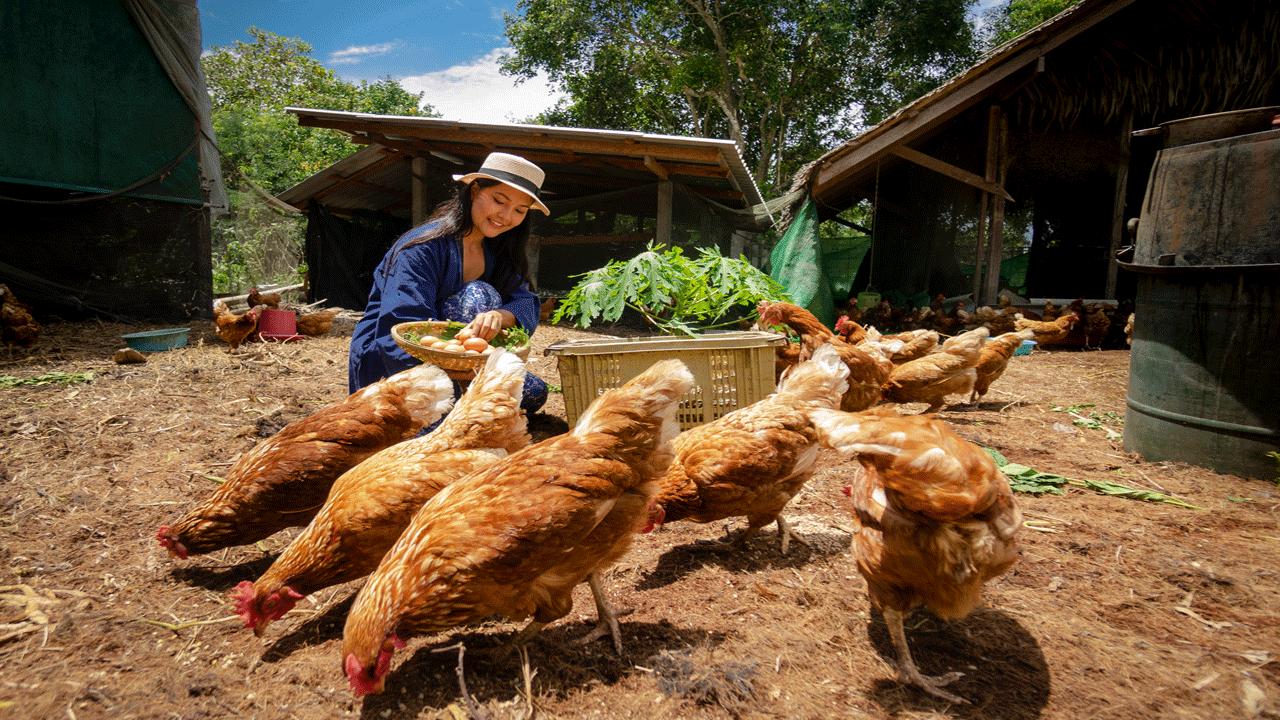
Learning to be self-sufficient is crucial for any prepper. You need skills like gardening and raising animals. These skills can help you produce your own food.
Another important skill is creating and maintaining a water supply. Collecting rainwater and purifying it ensures you always have clean water.
Knowing how to build and repair things around your home can save money and make you less dependent on outside help.

Insurance is a key part of good money management. Without it, an unexpected event like a fire or hospital visit could drain your savings and affect your prepping plans.
Start by understanding what types of insurance you really need. Health insurance can save you from huge medical bills. Home insurance protects against disasters that could destroy your supplies and equipment.
Car insurance is necessary if you rely on your vehicle for emergencies or daily tasks. It’s also important to consider life insurance to protect your family if something happens to you.
Next, evaluate the limits of your policies. Ensure you have enough coverage for worst-case scenarios. If your policy only covers small amounts, consider increasing it.
Remember, insurance companies profit by collecting more premiums than they pay out. While you might lose money over time, the protection it provides can be invaluable during a crisis.

Effective resource management is vital for preppers. You need to know how to manage food, water, and other essential supplies. Ensure you have enough to last through emergencies.
Rotate your food stockpiles to avoid spoilage. This means using older items before they expire and replacing them with fresh supplies.
Water is crucial. Store at least one gallon per person per day. Ensure you have ways to purify water if your supply runs out.
Properly maintained tools and equipment can make a big difference. Regularly inspect and repair your items. This saves you money in the long run.
Keep a detailed inventory. Know what you have and what you need. This prevents unnecessary purchases and ensures you are prepared for any situation.

Lowering your energy use is critical for effective prepping. Cutting down on utility bills frees up money to invest in vital supplies.
Start with insulation. A well-insulated home keeps heat in during winter and out during summer. This reduces reliance on heating and cooling systems.
Switch to energy-efficient appliances. They may cost more upfront but save more money in the long run with reduced energy consumption.
Consider solar panels. They provide renewable energy and can keep you powered during outages. Be sure to check for local incentives or rebates.
Unplug electronics when not in use. Many devices draw power even when turned off. This can add up over time.
Use natural light during the day. Open curtains and blinds to let in the sun. It reduces the need for electric lighting and can warm up your home.
Replace old light bulbs with LEDs. They use less energy and last longer than traditional incandescent bulbs.
Taking these steps can significantly cut your energy bills and make your home more self-sufficient.
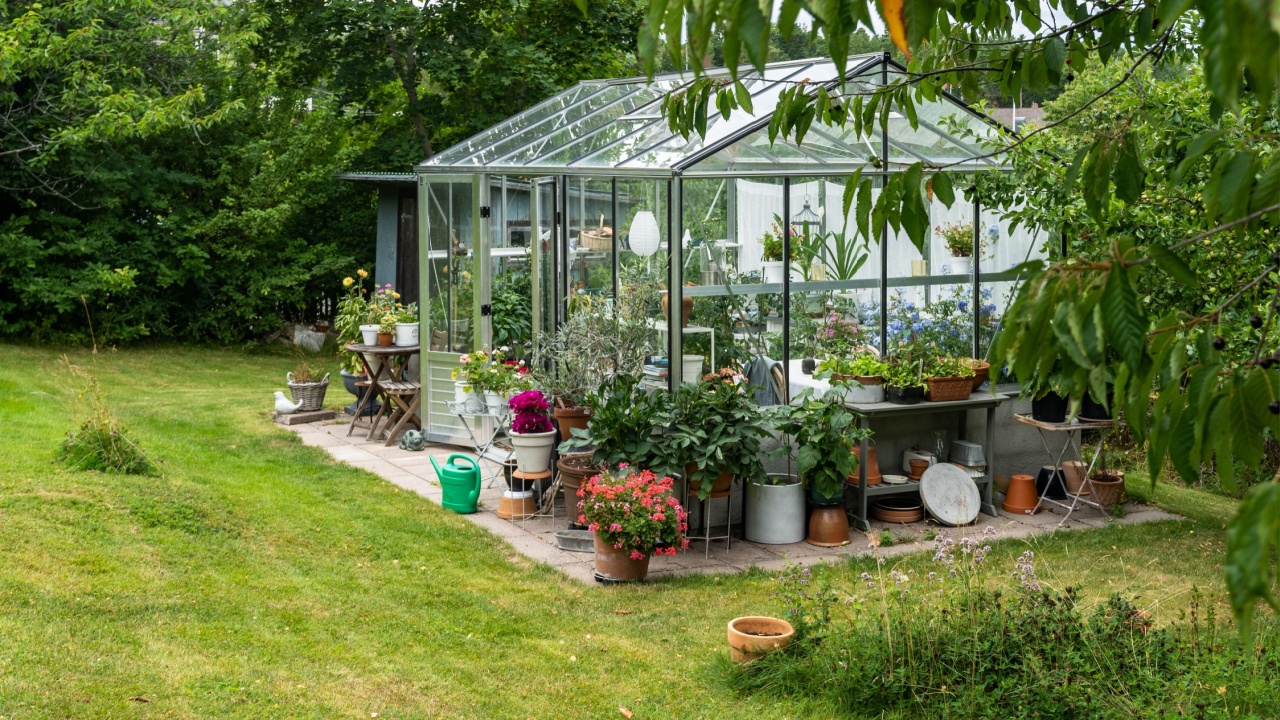
One way to secure your financial future as a prepper is by developing alternative income streams. You can hire out your services as a woodcutter, splitting and selling firewood.
Another option is starting a greenhouse. Grow heirloom seeds, medicinal plants, or unique fruit trees. This can provide steady income while contributing to your self-sufficiency goals.
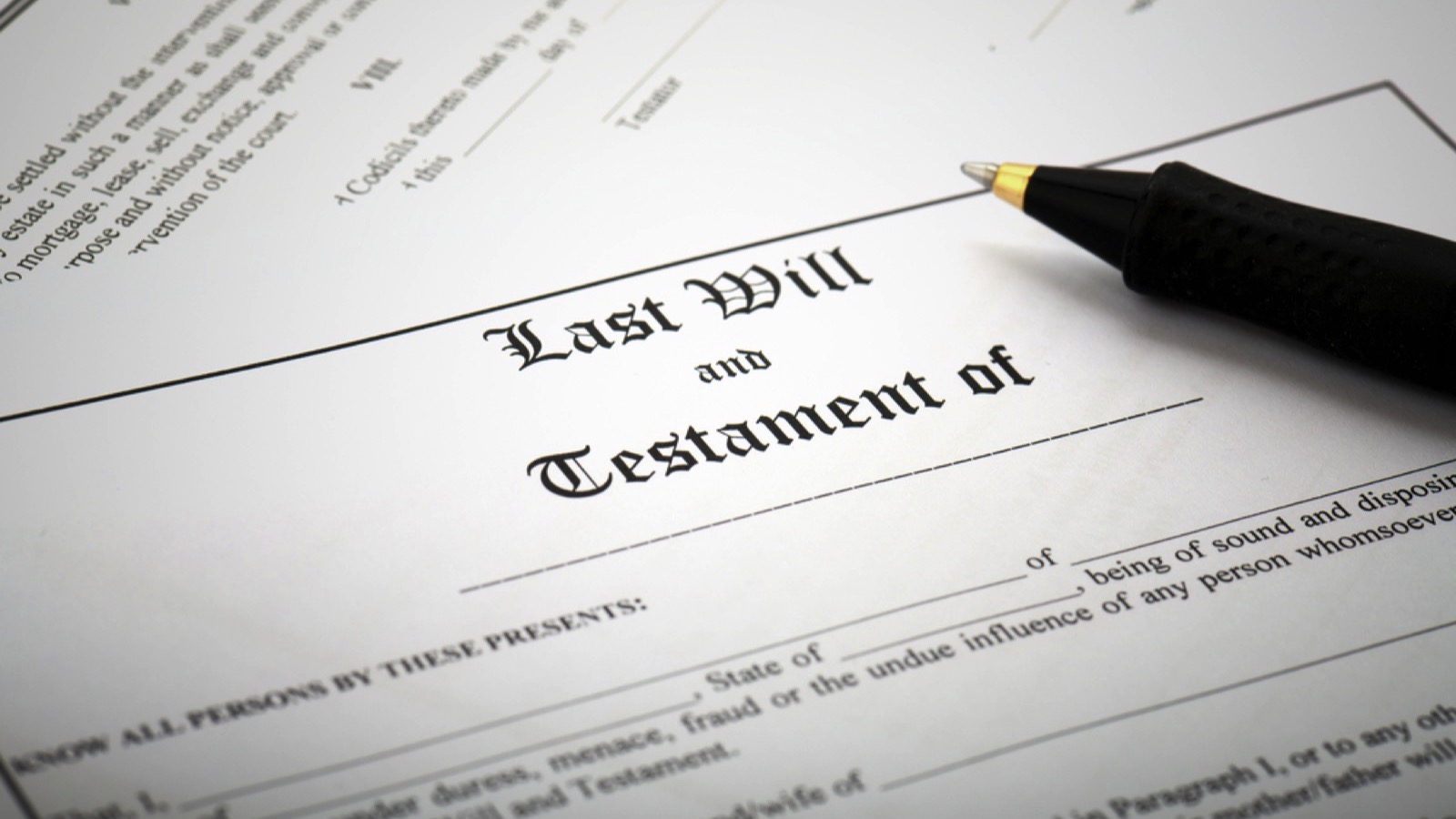
Estate planning is crucial for securing your assets for future generations. It involves arranging how your property and finances will be managed if you can’t make decisions or pass away.
By creating a will, you ensure that your possessions are distributed according to your wishes, not left to chance.
Trusts can help manage your assets, reduce taxes, and ensure a smooth transfer to beneficiaries.
Updating beneficiary designations on accounts and insurance policies is important to reflect current wishes.
Having a durable power of attorney can allow someone you trust to manage your financial affairs if you’re incapacitated.

Understanding financial literacy is key for long-term preparedness. It involves knowing how to manage money, budget, and save effectively. By learning financial literacy, you can make informed decisions about your finances.
Preppers often face unexpected costs, such as medical emergencies or sudden repairs. Without financial literacy, you might struggle to handle these expenses. Many individuals can’t afford a $400 emergency expense, highlighting the need to manage money wisely.
Improving your financial literacy can help you build a safety net. By budgeting, you can set aside funds for emergencies. This reduces the reliance on credit cards for unexpected costs. Learning to prioritize quality over cheap products also helps in long-term savings.
Financial literacy also involves understanding credit and investments. Knowing how to utilize credit responsibly helps avoid high-interest debt. Investing wisely ensures that your money grows over time, providing additional security for the future.

Trade and craft skills can be invaluable when conventional currency loses its value. Knowing how to make items like soap, candles, or even simple clothes can allow you to barter effectively.
Crafting items from raw materials also reduces your dependence on external supplies. Skills like carpentry or blacksmithing not only produce essential tools but also offer trade opportunities.
Your ability to fix or create functional items can be a major asset. Learn basic skills and expand them over time to be well-prepared.

Building strong trade networks is essential for preppers. When resources are scarce or unavailable, having reliable contacts can help you obtain necessary supplies. Start with local farmers and craftsmen. They often have surplus goods and are willing to trade.
Attend local markets and fairs. These events are perfect for connecting with potential trade partners. Bring items that you have in excess. This could be canned food, prepared meals, or handmade items.
Trust and reliability are crucial in trade networks. Always be honest about what you are trading. Ensure the quality of your goods matches the description you provide.
Keep a record of your trade interactions. Note what items are in demand and who is interested in trading them. This will help you plan your future trades more effectively and maintain valuable relationships.

You need to budget carefully to make sure you can buy the supplies you need. Start by tracking your income and expenses. This helps you see where your money is going and where you can save.
Once you know your budget, set aside money each week for supplies. Always prioritize essential items first. For example, food, water, and medical supplies should be top of your list.
Finding deals is crucial. Use coupons, look for sales, and consider buying in bulk. Buying in bulk often saves money in the long run. Remember, every bit of savings helps build your preparedness stockpile.
If your budget is tight, focus on one item at a time. Buy a few extra cans of food or bottles of water each month. Over time, this adds up, and you’ll have a good supply without feeling financial strain.
Evaluate your needs regularly. Your budget might change, and so might your priorities. Make adjustments as necessary to stay on track with your prepping goals.

Economic indicators help preppers understand the economic environment. These indicators include GDP, inflation rates, and unemployment rates.
GDP, or Gross Domestic Product, measures the economic activity of a country. A rising GDP usually indicates a growing economy, while a falling GDP suggests economic trouble.
Inflation rates show how prices for goods and services increase over time. High inflation can erode your savings and buying power.
Unemployment rates track the number of people without jobs. High unemployment can signal economic distress, affecting the job market and your financial stability.

Recognizing financial scams is crucial for protecting your savings. Ponzi schemes promise high returns but use new investors’ money to pay earlier investors. These schemes eventually collapse, leaving many broke.
Phishing scams use fake emails to steal personal info. Never click on suspicious links or share private details.
Stay alert for investment opportunities that guarantee big returns with little risk. If it sounds too good to be true, it probably is.

Homesteading can be a powerful way to save money. Growing your own food is a clear example. A small garden can yield vegetables that would cost hundreds of dollars in a grocery store.
Raising livestock, like chickens for eggs or goats for milk, can reduce grocery bills even more. Learning food preservation techniques ensures that surplus produce lasts through the off-season, which reduces the need for store-bought goods.
Producing your own energy, such as through solar panels, further cuts down on utility expenses. Collecting and using rainwater for irrigation or household use can also lower water bills. Homesteading encourages practical skills that translate directly into financial savings.

Recycling can be a profitable venture for preppers looking to boost their savings. Many materials, like aluminum cans and scrap metal, can be collected and sold for cash. Each pound of aluminum cans can fetch you around $0.35-$0.45, which can add up quickly if you collect regularly.
Start by identifying valuable recyclables in your household or community. Items like copper wiring, which you can find in old electronics, often bring in good money. Copper can sell for $2.00-$3.00 per pound.
Selling recycled materials not only earns you some extra cash but also reduces waste and conserves resources. Take advantage of local recycling centers and scrap yards to learn what materials are in demand. Consider setting up a small, organized storage area for items you plan to recycle. This way, you’ll stay efficient and motivated.

In the face of uncertainty, being well-prepared gives you at least some degree of control and security. The thought of a societal collapse, while extreme, prompts us to consider how we might endure without the conveniences of our current lifestyle. Here’s a list of 20 essential items that could prove indispensable in such a scenario. This guide isn’t about succumbing to fear but embracing preparedness and resilience.
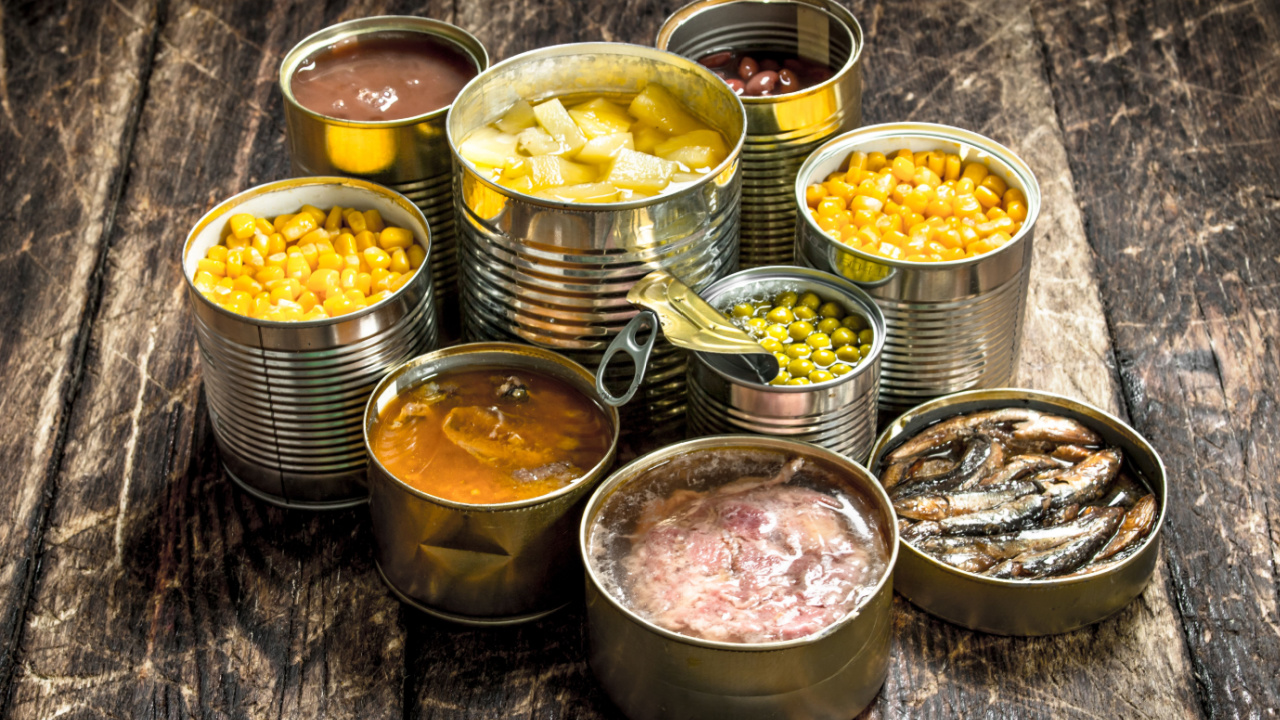
I firmly believe in keeping a well-stocked emergency pantry. While fresh food is ideal, in a survival situation, we may not be that lucky. So, for my family, even though we grow a lot of our own food, canned goods play a crucial role in emergency preparedness. They offer a reliable source of nutrition when access to fresh produce may be limited. The goods you stockpile should be affordable, easy to store, and full of nutrition.

Choosing a refuge in the event of societal collapse involves weighing the pros and cons of each location against your personal preparedness goals and abilities. Whether you’re drawn to the solitude of the desert or the protective heights of the mountains, the key is finding a place that offers safety and the opportunity for growth and renewal.
